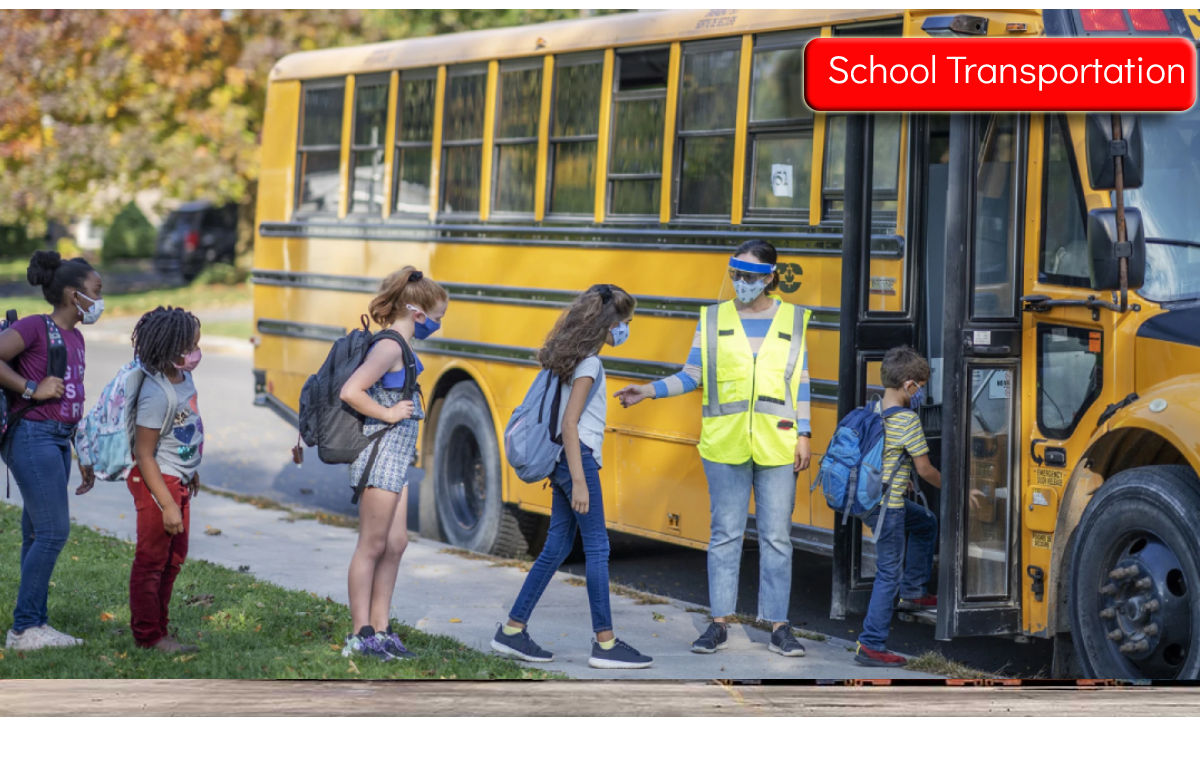
FleetStack for School Transportation
Welcome to the School Transportation page of Fleet Stack, where we explore the vital role of GPS tracking software in ensuring safe and efficient transportation for students. In this article, we delve into the numerous benefits and practical applications of GPS tracking technology in school transportation. From real-time monitoring to route optimization, GPS tracking software has emerged as a powerful tool for enhancing safety, improving communication, and streamlining operations in the school transportation sector.
Student Safety and Security
The safety and security of students are paramount in school transportation. GPS tracking software provides real-time monitoring of school buses, allowing school administrators and parents to track the location and movement of buses with precision. This ensures that students are picked up and dropped off at the right locations, minimizing the risk of accidents or incidents. GPS tracking software also enables immediate notifications in case of delays, diversions, or emergencies, allowing swift action to be taken to ensure student safety.
Efficient Route Planning and Optimization
GPS tracking software plays a crucial role in optimizing school bus routes. By analyzing real-time traffic data and considering factors such as distance, travel time, and student pick-up and drop-off points, school administrators can create efficient and cost-effective routes. This leads to reduced travel time, minimized fuel consumption, and improved operational efficiency. GPS tracking software also enables real-time adjustments to routes in response to traffic conditions or changes in student locations, ensuring optimal route planning at all times.
Driver Behavior Monitoring
Monitoring driver behavior is essential for promoting safe and responsible driving in school transportation. GPS tracking software provides insights into driver performance, including speed, braking habits, and adherence to traffic rules. This data can be used to identify areas for driver training and improvement, promoting safer driving practices. GPS tracking software also assists in ensuring that drivers follow designated routes, pick up and drop off students on time, and maintain the highest standards of professionalism and care.
Parent and School Communication
Effective communication between parents, schools, and transportation providers is vital in school transportation. GPS tracking software enables real-time communication and updates regarding bus schedules, delays, and changes in routes. By providing parents with access to a mobile app or web portal, they can track their child's bus in real time and receive notifications regarding pick-up and drop-off times. This fosters transparency, enhances parent-school communication, and instills confidence in the transportation system.
Maintenance and Vehicle Management
Efficient maintenance and management of school buses are crucial for ensuring their reliability and safety. GPS tracking software assists in monitoring vehicle health, tracking mileage, and scheduling maintenance tasks. This proactive approach to vehicle management helps prevent breakdowns and ensures that buses are in optimal condition for daily operations. By streamlining maintenance processes and reducing unexpected repairs, GPS tracking software enhances the longevity and performance of school bus fleets.
Conclusion:
GPS tracking software has become an indispensable tool in the school transportation sector, prioritizing student safety, optimizing routes, and improving communication. By harnessing the power of GPS tracking technology, school administrators and transportation providers can enhance efficiency, promote safe driving practices, and provide real-time updates to parents. From student safety and efficient route planning to driver monitoring and maintenance management, GPS tracking software empowers the school transportation industry to create a secure, reliable, and efficient transportation system for students.
